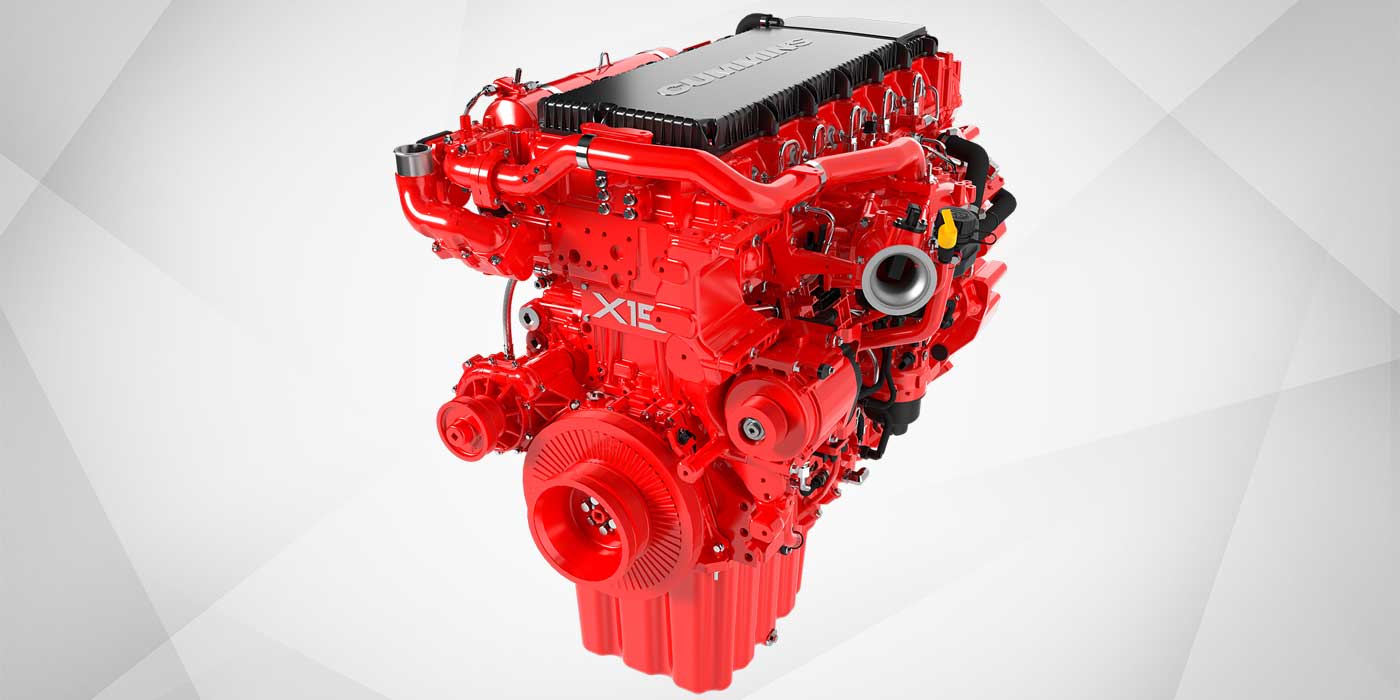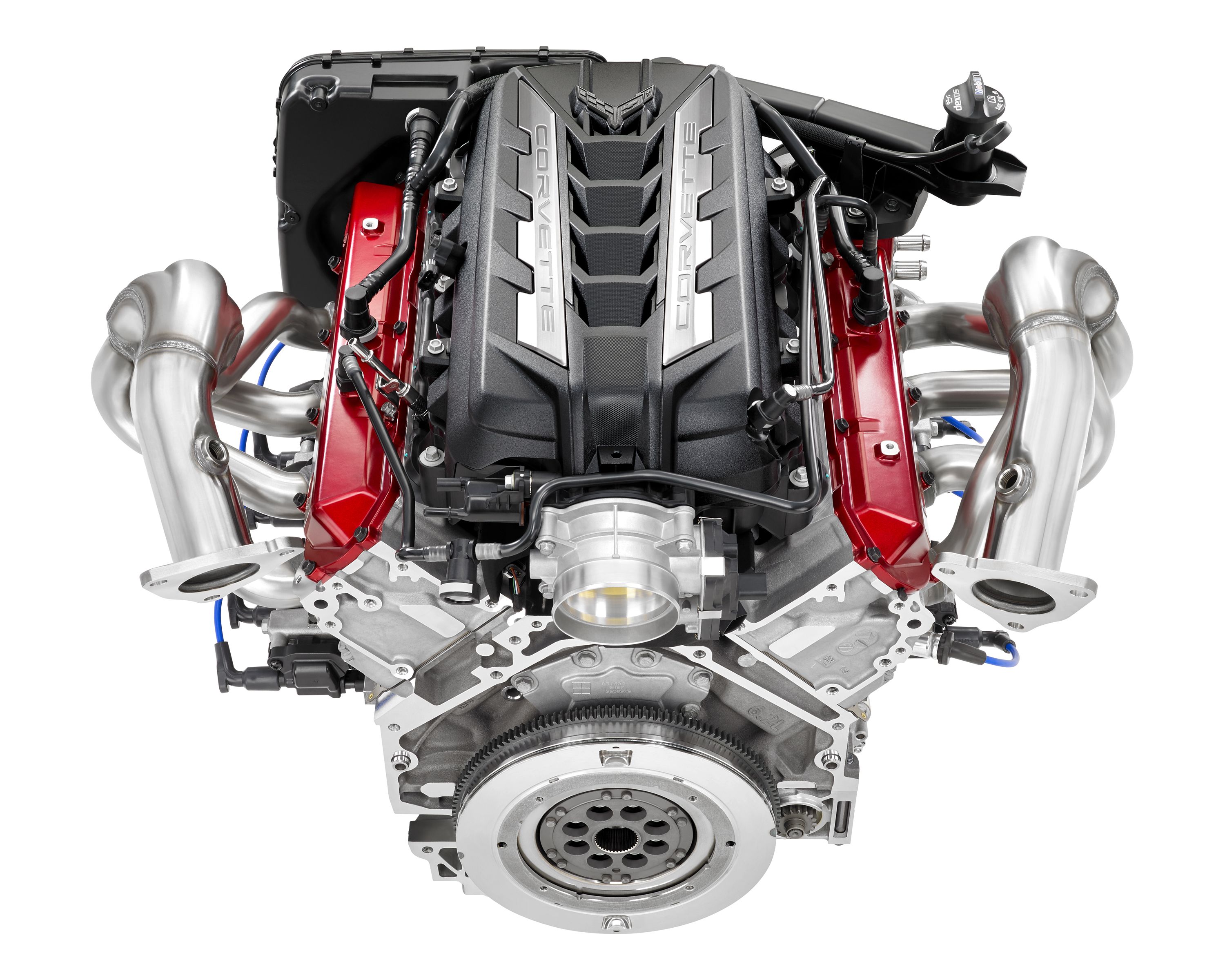Discover a Vast Array of Engines for every single Vehicle and Objective
The auto landscape is increasingly intricate, with a diverse selection of engine kinds developed to fulfill details performance and efficiency demands across different lorry classifications. Furthermore, sturdy engines serve the needs of work lorries, while environmentally friendly options are obtaining grip in the pursuit of lasting transportation.
Kinds Of Automotive Engines
Automotive engines can be categorized right into several unique kinds, each created to satisfy certain efficiency and performance requirements. One of the most typical classifications consist of inner combustion engines, electrical engines, and crossbreed systems.

Electric engines, on the other hand, run on electrical power kept in batteries, supplying immediate torque and no discharges. These engines are coming to be increasingly popular as a result of advancements in battery modern technology and the expanding focus on sustainability.
Hybrid systems combine both internal burning and electrical engines, allowing automobiles to optimize gas performance and minimize discharges by perfectly switching over in between source of power. Each engine type presents its benefits and downsides, influencing elements such as vehicle layout, meant use, and market need. When picking the ideal engine for their specific demands., comprehending these differences is essential for producers and consumers alike.
Performance Engines for Sports Cars
Performance engines for sporting activities vehicles are particularly crafted to provide improved speed, dexterity, and power, setting them apart from standard auto engines. These engines typically use innovative modern technologies such as turbocharging, turbo charging, and variable shutoff timing to make the most of efficiency and responsiveness.
Typically, efficiency engines are made with greater compression ratios, which permit for higher energy removal from fuel. This leads to remarkable horse power and torque figures, allowing fast acceleration and higher leading speeds. The lightweight products used in these engines, such as light weight aluminum and carbon fiber, add to reduced general car weight, improving handling and maneuverability.
Engine configurations like V6, V8, and also hybrid systems prevail in efficiency cars, each offering one-of-a-kind advantages in terms of power delivery and driving characteristics. The adjusting of these engines is additionally important; numerous producers maximize the engine administration systems to provide a thrilling driving experience, typically consisting of sporting activity modes that adjust throttle feedback and gear changes.
Reliable Engines for Daily Commuters
In the realm of day-to-day commuting, reliable engines play an important duty in optimizing fuel economic climate and minimizing exhausts while giving dependable efficiency. As city populations expand and environmental issues intensify, the demand for cars equipped with efficient powertrains has actually surged.
Modern engines designed for everyday commuters commonly incorporate modern technologies such as turbocharging, straight gas injection, and crossbreed systems. Turbocharging improves engine effectiveness by compeling even more air into the burning chamber, permitting smaller, lighter engines that do not jeopardize power result. Straight fuel injection enhances fuel atomization, leading to much better combustion and raised efficiency.
Hybrid engines, integrating internal burning with electric power, more enhance fuel economy, specifically in stop-and-go web traffic, where typical engines can experience from inefficiencies. Electric electric motors aid throughout velocity and can operate individually at reduced speeds, decreasing general gas consumption.
Additionally, innovations in engine administration systems and lightweight products contribute dramatically to effective engine style. By concentrating on performance, resilience, and environmental sustainability, manufacturers proceed to supply engines that not only satisfy the needs of day-to-day travelling but also align with international efforts to minimize carbon impacts.
Heavy-Duty Engines for Work Cars
Heavy-duty engines for job cars are regularly engineered to supply phenomenal torque and integrity under demanding problems. These engines are developed to perform in settings where conventional engines may fail, such as building and construction websites, logging procedures, and agricultural settings. The primary focus of durable engines is their ability to generate high degrees of power while preserving longevity over extended durations of procedure.
Generally, sturdy engines use advanced products and durable construction techniques to withstand the roughness of heavy workloads. Features such as strengthened cylinder blocks, improved cooling systems, and advanced fuel injection technologies add to their performance. These engines often operate at lower RPMs, which assists to maximize fuel efficiency while offering why not try this out the necessary power for lugging and transporting.
Along with mechanical effectiveness, sturdy engines are usually equipped with innovative electronic control devices (ECUs) that take care of efficiency, exhausts, and diagnostics. This integration permits far better surveillance and maintenance, guaranteeing that job automobiles stay reliable and functional.
Ultimately, durable engines are an important part in the performance of various markets, supplying the needed power and reliability to tackle the toughest of tasks.
Eco-Friendly Engine Options
The growing focus on sustainability has actually led to the development of green engine choices that focus on lowered emissions and boosted gas effectiveness. These engines are developed to reduce the environmental impact of cars while still delivering the performance and reliability expected by customers.
Among one of the most noteworthy green options are hybrid and electrical engines. Crossbreed engines combine standard inner combustion engines with electrical propulsion, permitting for reduced fuel intake and reduced greenhouse gas discharges. Electric engines, on the various other hand, run entirely on battery power, generating no tailpipe emissions and contributing to cleaner air quality.
An additional encouraging advancement is the innovation of biofuel engines, which make use of renewable energies, such as plant materials, to power vehicles (Engines For Africa). By utilizing biofuels, these engines can decrease dependence on fossil fuels and lower general carbon footprints

As the automobile sector progresses, eco-friendly engine alternatives will play an essential role in driving the transition towards more lasting transport remedies.
Verdict
The auto sector offers a varied variety of engines developed to fulfill various lorry demands and purposes. From high-performance engines that boost cars abilities to reliable designs focusing on fuel economic climate for daily commuters, each kind serves a particular function. Sturdy engines deal with durable job vehicles, while eco-friendly alternatives, such as electrical and biofuel engines, promote lasting transport. This thorough array guarantees that all driving requirements are addressed, adding to innovations in auto innovation and environmental stewardship.
